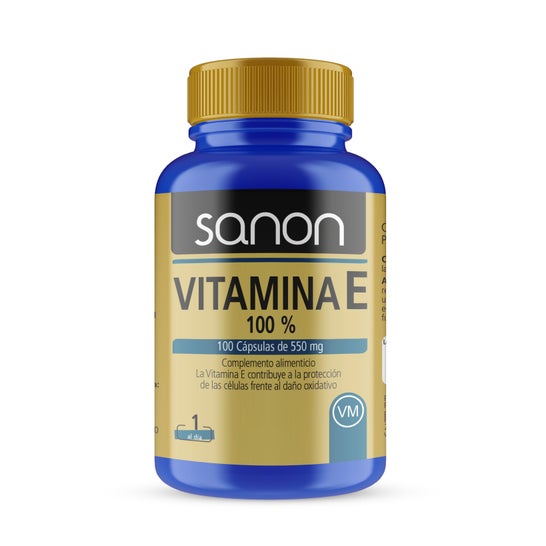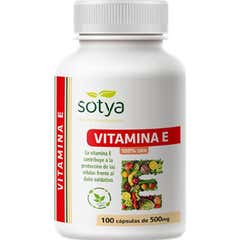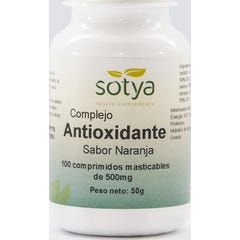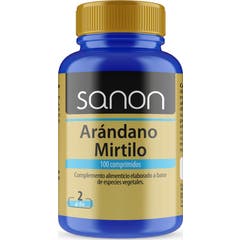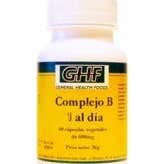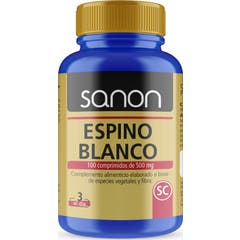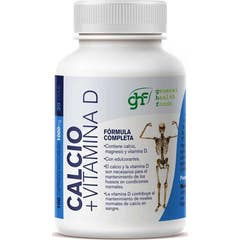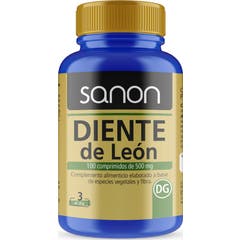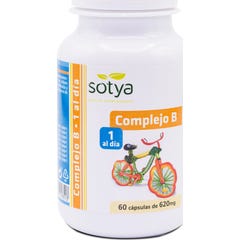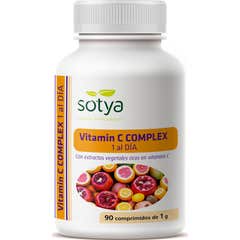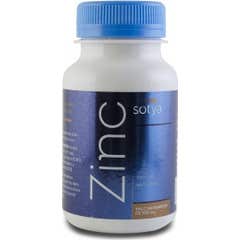Vitamin E is a fat-soluble vitamin, i.e. it can be dissolved in fats and oils. It acts as a powerful antioxidant, protecting cell membranes against damage caused by free radicals (as a result of pollution or solar ultraviolet radiation) and therefore helps to prevent skin aging. It also supports the immune system and inhibits platelet aggregation, depending on the dose. It is also involved in the regulation of several enzymes. Cells use vitamin E to interact with each other and carry out important bodily functions such as maintaining vision and/or movement in muscles and nerves.Vitamin E can be found in foods such as olive, sunflower or sesame vegetable oils; in nuts (hazelnuts or almonds); it is also present, to a lesser extent, in vegetables (such as spinach and broccoli). Some manufacturers add vitamin E for its antioxidant benefits. Before taking a dietary supplement containing vitamin E, consult a healthcare professional.In cosmetic products, its antioxidant effect is also utilised, and it is included in the formulation of skincare products (tocopherol and derivatives). It is an anti-inflammatory vitamin and counteracts oxidative damage and preserves collagen in the dermis, helping to maintain skin structure. It is also found in anti-aging products combined with Vitamin C as it manages to regenerate the anti-ox effect of Vitamin E and results in a good antioxidant synergy.

